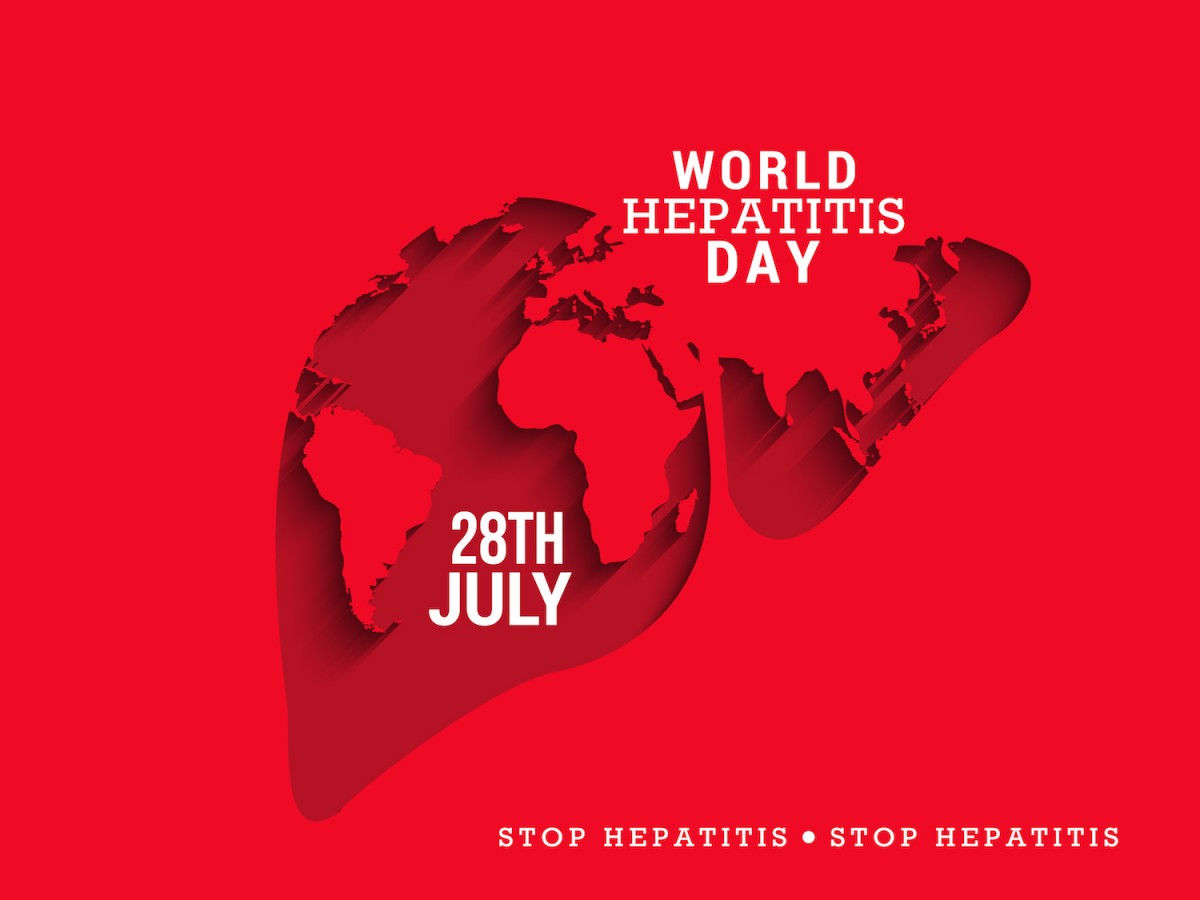
27 Jul World Hepatitis Day is July 28, 2020
Viral hepatitis, causes inflammation of the liver which leads to a range of health problems, including liver cancer. There are five main strains of the hepatitis virus: A, B, C, D and E. Together, Hepatitis B and C are the most common cause of deaths, with 1.4 million lives lost each year. Amid the COVID-19 pandemic, viral hepatitis continues to claim thousands of lives every day.
Hepatitis B Key Facts:
- Hepatitis B is a viral infection that attacks the liver and can cause both acute and chronic disease putting people at high risk of death from cirrhosis and liver cancer.
- The Hepatitis B virus is most commonly transmitted from mother to child during birth and delivery. The development of chronic infection is very common in infants infected from their mothers or before the age of 5 years.
- Hepatitis B is also spread by needlestick injury,
tattooing, piercing and exposure to infected blood and body fluids, such as
saliva and, menstrual, vaginal, and seminal fluids. Sexual transmission of
hepatitis B may occur, particularly in unvaccinated men who have sex with men
and heterosexual persons with multiple sex partners or contact with sex
workers.
- Transmission of the virus may also occur through the reuse of needles and syringes either in health-care settings or among persons who inject drugs. In addition, infection can occur during medical, surgical and dental procedures, through tattooing, or through the use of razors and similar objects that are contaminated with infected blood.
- Hepatitis B can be prevented by vaccines that are safe, available and effective. The vaccine has an excellent record of safety and effectiveness. Since 1982, over 1 billion doses of hepatitis B vaccine have been used worldwide. The complete vaccine series induces protective antibody levels in more than 95% of infants, children and young adults. Protection lasts at least 20 years and is probably lifelong.
Hepatitis C Key Facts:
- Hepatitis C is a liver disease caused by the Hepatitis C virus. The virus can cause both acute and chronic hepatitis, ranging in severity from a mild illness lasting a few weeks to a serious, lifelong illness.
- Hepatitis C is a major cause of liver cancer.
- The hepatitis C virus is a bloodborne virus. The most common modes of infection are through exposure to small quantities of blood. This may happen through injection drug use, unsafe injection practices, unsafe health care, transfusion of unscreened blood and blood products, and sexual practices that lead to exposure to blood.
- Globally, an estimated 71 million people have chronic hepatitis C virus infection.
- A significant number of those who are chronically infected will develop cirrhosis or liver cancer.
- Because new hepatitis C virus infections are usually asymptomatic, few people are diagnosed when the infection is recent. In those people who go on to develop chronic infection, the infection is also often undiagnosed because it remains asymptomatic until decades after infection when symptoms develop secondary to serious liver damage.
- Antiviral medicines can cure more than 95% of persons with hepatitis C infection, thereby reducing the risk of death from cirrhosis and liver cancer, but access to diagnosis and treatment is low.
- There is currently no effective vaccine against hepatitis C; however, research in this area is ongoing.
Throughout the world, millions of people are living with viral hepatitis and they are unaware. Without finding the undiagnosed and linking them to care, lives will be lost.
Go to https://www.worldhepatitisday.org/ to support.
If you would like more information about gastrointestinal (GI) digestive disorders and nutrition in children, please contact Dr. Mona Dave’s Frisco Office or Request Appointment Here.
Learn about the GI Alliance here.